THC oil seems to be everywhere these days. It’s the hot topic in all corners of the marijuana industry. So whether you’re into vaping, dabbing, e-cigarettes, edibles, tinctures, or topicals, THC oil is part of it.
But what exactly is THC oil? Is it even legal? How can I use THC oil? And where can I get some to try? The experts at Honest Marijuana will answer all those questions and give you everything you need to know in this, the definitive guide to THC oil.
Let’s start with the most basic question of them all: What is THC oil?
What Is THC Oil?
If you’ve spent any time talking to people about marijuana, you know there are multiple names for pretty much everything.
The marijuana you smoke is probably the most notorious with entire web pages devoted to all the different ways you can date Mary Jane (there’s one of those slang terms now).
THC oil is no different. There are scientific names for THC oil. There are common terms for THC oil. And then there are slang terms for THC oil. Even “THC oil” itself is more of a common term than a scientific or a slang term.
Technically speaking, THC oil is a concentrate or an extract.
That means the cannabis plant matter has been washed with a solvent of some kind [common solvents include isopropyl alcohol, butane, and carbon dioxide (CO2)].
When soaked in a solvent, the trichomes, THC, CBD, CBN, and other cannabinoids get dissolve in the liquid.
After the soaking process, the plant matter is removed and the solvent is boiled off leaving behind an oily substance which is concentrated cannabinoids. When an extraction process is conducted on high THC strains of cannabis, the result is a highly-concentrated THC oil.
The same process can also be run on high CBD strains to produce CBD Oil.
While the marijuana you smoke can top out at around 20% THC, cannabis concentrates like THC oil often break the 80% THC barrier. Some are even pushing for the coveted triple-digit (100%) THC concentration.
That would be one wild ride!
How Can You Use THC Oil?
THC oil can be used in a number of different ways, including:
- By itself in vape pens, vaporizers, and e-cigarettes
- To produce other forms of concentrate including shatters and waxes for dabbing
- As a quick and easy addition to your favorite recipe
As you can see, THC oil really is the Swiss Army Knife of marijuana products. We’ll discuss some of these uses in detail later on in this article.
Is THC Oil Legal?
Yep, THC oil is most definitely legal. It’s a fairly new product so it might not be where you live. But if recreational marijuana use is legal in your state, so is THC oil.
In some states, only medical marijuana is legal. In those cases, it’s likely that CBD oil is available but THC oil isn’t. It all depends on where you live.
As more and more states, and even the federal government, move to legalize recreational marijuana, THC oil will become more common.
THC Oil For Sale
If you would like to purchase THC oil, we suggest you always buy from a reputable cannabis dealer like your local dispensary. They will have some sort of quality-assurance process that will ensure you are getting the best product possible.
This is important because the solvents used to produce the concentrate can be toxic if inhaled or ingested in high dosage.
Butane, the most common solvent for making concentrates, is particularly worrisome and may cause adverse health effects down the road if too much is consumed.
But don’t let that worry you, though. If the extraction process is run correctly, all the butane is removed from the concentrate before it’s sold to you.
That’s why we recommend purchasing from a dispensary as they have certain quality standards they must adhere to when selling products of this kind.
Methods of Delivery
As we already mentioned, THC oil is like the Swiss Army Knife of the marijuana world—it can be used in pretty much everything. Here are just a few ways you can get the most out of your THC oil.
THC Oil For Vape
THC oil can be used in your vape for a truly righteous experience. Remember, THC oil is highly-concentrated cannabinoids and can get you really high, really quick. S
tart out small and experiment with quantities, and you’ll be fine.
THC Oil Cartridge
This is similar to the vape experience mentioned above. Pre-filled THC oil cartridges can be purchased at your local head shot for use in all sorts of devices.
Some oil cartridges can even be refilled and reused to save you a few bucks here and there.
THC Oil For E-Cig
E-cigarettes were originally used as a healthy alternative to smoking tobacco. Cannasseurs quickly realized that the tobacco product in the e-cigarette could be discarded (nasty, foul stuff anyway) and THC oil substituted in its place.
The e-cigarette eliminated the tell-tale smell and possible second-hand high that would result if you simply smoked your doobie in the lunchroom.
THC Oil Pen
Similar to the e-cigarette, the oil pen is a healthy alternative to smoking a fatty. Oil pens vaporize the THC oil (convert it to tiny droplets) so you can inhale it without all the associated carcinogens that come from burning stuff.
Even if you don’t like the high you experience with an oil pen, you have to admit that they are extremely portable and extremely convenient. Tote them with you on a hike and take a toke every few hours for an all-day high that is unlike any other.
THC Oil Vaporizer
Some people even vaporize THC oil directly into the air. You can even buy refillable vaporizers at the drugstore. They’re intended to be used with eucalyptus and menthol products to help clear the lungs, but you can use them with THC oil, too.
This, of course, is really only appropriate in your home where everyone is of legal age. Vapor will quickly spread to the whole house, so don’t use this method when children are present.
Other THC Oil Products
As mentioned at the beginning of this article, THC oil can even be used in your just about anything. Here are some do-it-yourself and store-bought options.
Do-It-Yourself With THC Oil
THC oil can be dribbled into to your favorite recipes to add a bit of THC kick to your edibles. Common treats include cookies, brownies, butter and other baked goods.
But you can also add a few drops of THC oil to your tea, coffee, juice, and other liquids. Want some THC spaghetti? Add a few drops of THC oil to your marinara sauce.
The possibilities are literally endless. Play around with the recipes you already have and then make up some new ones for even more fun.
Store-Bought THC Oil Treats
Some edibles you just can’t produce on your own without lots of special equipment, knowledge and time. Consumables like gummy bears, candy, and THC-filled capsules, though, can be purchased at your local dispensary so you don’t have to go to all the effort.
How Long Does THC Oil Stay In Your System?
There is no one-size-fits-all answer to this age-old question. That’s because a lot depends on your body itself, your metabolism, and how often you consume marijuana products.
Every body is different, so traces of THC oil (most notably the metabolite THC-COOH) may stay in your system longer than in your friend’s body.
That said, there are some good baseline numbers you can remember:
- If you’re a light smoker—say, once every three months—THC can stay in your system for anywhere between twenty-four hours and eight days.
- If you’re a heavy smoker—say, multiple times a week—THC can stay in your body for anywhere between one week and seventy-seven days after you stop.
We most often get asked this question in conjunction with drug testing. If you’re faced with an impending invasion of your privacy (a.k.a. a drug test), a good rule of thumb is to give your body one month to filter everything out.
Sometimes, though, you don’t have that kind of time to spare.
With that in mind, here are some more specific numbers that tell you how long THC oil stays in your system.
Saliva
Traces of THC can remain in your saliva for between 24 hours and 72 hours. Again, it depends on a number of factors like test sensitivity and how much you’ve smoked.
If you’re not a chronic, heavy user, a regular saliva swab will be ineffective after 24 hours. More sensitive tests can detect trace amounts up to 72 hours after consumption.
But, again, these tests are expensive so they’re not used often. If you’re a chronic, heavy user, a saliva test can detect THC for up to a week after your last smoke.
Blood
If you’re a light consumer, THC-COOH can remain in your bloodstream for one to two days. If you’re a heavy consumer, it can remain in your bloodstream for one to seven days.
On a chemical level, THC metabolites have a half-life of 7 days. This means that the amount of THC-COOH will decrease by 50% every week after you stop smoking.
Let’s say that you smoke a blunt on Saturday resulting in a bloodstream THC-COOH level of 200 nanograms per milliliter (ng/ml) (the typical measure of metabolites in the blood).
If you don’t smoke any more that week, by the next Saturday, the THC-COOH level in your body will be 50% less than when you first smoked. That would put detectable metabolite levels at 100 ng/ml. Just so you’re aware, the typical threshold for urinalysis testing is 50 ng/ml.
By the second Saturday (two weeks later), metabolite levels will fall again by half resulting in a reading of 50 ng/ml. That’s the threshold for the test but we’re right on the line at this point and it could go either way.
By the third Saturday (three weeks after you stopped), metabolite levels would be at 25 ng/ml and by the fourth Saturday, they would be at 12.5 ng/ml.
These levels are all but undetectable by conventional tests so we can conclude that your body needs 3-4 weeks to be “drug-free” if you don’t do anything to help it along.
Unfortunately, there’s not a lot you can do if you’re faced with a blood test in the first week or two after you stop smoking, eating, or in any other way consuming weed.
You can’t speed up your liver and your kidneys with external methods — what’s in your blood is in your blood for as long as it takes to work itself out. Thankfully, blood tests aren’t that common.
Urine
THC-COOH can be detected in your urine for a month after consumption (for light users). The metabolite can be detected in your urine for two-and-a-half months after consumption if you’re a chronic, heavy user.
Urine tests are the most common because they are easy to administer and easy to test. They are also the easiest to beat should the need arise.
We tell you how to help your body eliminate THC faster later on in this article.
Hair
A hair drug test is probably the worst option you can face. Sure, a blood test is bad because there’s not a lot you can do to hurry the elimination of THC-COOH, but it will work itself out in a few weeks.
A urine test can see a month or two into your past, but there are ways to flush your system.
Not so with your hair. Traces of THC-COOH can remain in the cells for ninety days or longer. Yes, that’s three months or more! And there’s really nothing you can do to affect the results.
No amount of water you drink will alter the cells in your hair. What’s there is there, for better or worse.
Thankfully, hair tests are not that common, so it’s not something you really have to worry about.
As we mentioned before, we always recommend that you try to find out how (and on what part of your body) the test will be performed. If it’s a saliva swab looking for THC, you’re probably safe after 24 hours.
If it’s a hair test in two weeks and you just smoked last night, you’re probably screwed.
How To Purge Your System Of THC
Sometimes though, those dang drug tests pop up when you least expect them and you don’t have time to let your body do all the work. Sometimes, you’ve got to give it a helping hand.
First and foremost, stop consuming THC or other marijuana products. That’s key. If you don’t do that, nothing else we tell you will be worth cup you pee in.
After you stop consuming cannabis, drink lots of water.
We recommend drinking a gallon of water every day until your drug test. This will help push the THC through your kidneys and out through your urine.
Keep in mind that a gallon is sixteen cups of water. To get this all in, you’re probably going to have to drink three cups with each meal and four to five cups between meals.
Yeah, you’ll be going to the bathroom like every fifteen minutes, but you’ll pass that drug test with flying colors.
Quality Bud Makes Quality THC Oil
A lot of things have an effect on your THC oil experience — where you use it, if you’re alone or with friends, and what you do after just to name a few.
But one of the most influential factors is the one most people tend to forget about: the quality of the buds used to make the THC oil.
As with most everything else, quality in equals quality out.
Whether you make your own THC oil or buy commercially, starting with the regs of any old strain will result in a less-than-stellar final product.
That’s why we always recommend that you use, or purchase products made from, the best bud you can get your hands on.
Starting with high-quality buds means the end result — whatever form it takes — won’t leave you disappointed.
Plus, with a good quality, organic strain — like those grown at Honest Marijuana — you’ll need less THC oil to experience the same effects. A little will go a long way because the buds used to brew the oil were purer than non-organically grown cannabis.
That makes for some of the best THC oil possible!
Talk to the budtenders at your local dispensary and find out what brands of THC oil they recommend.
If you live in Colorado, find some Bud Cargo and discover what the purest marijuana experience on the planet feels like. You won’t be sorry.
For more information on all things cannabis and to check out our 100-percent all-natural marijuana products, visit budcargo.ca today.

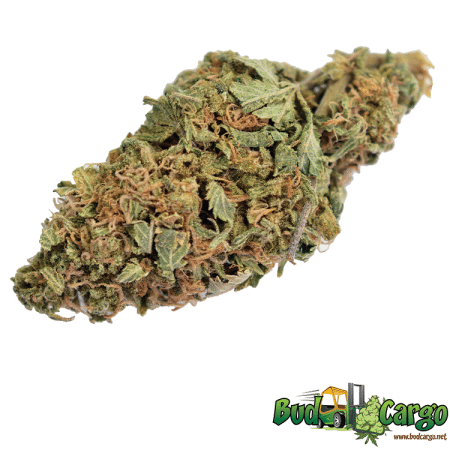
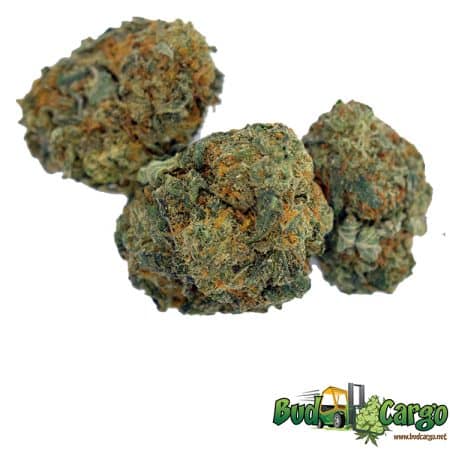
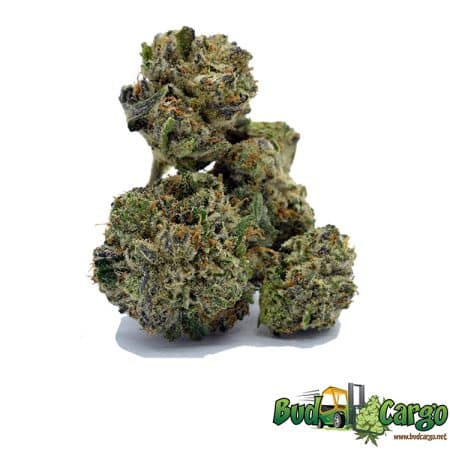
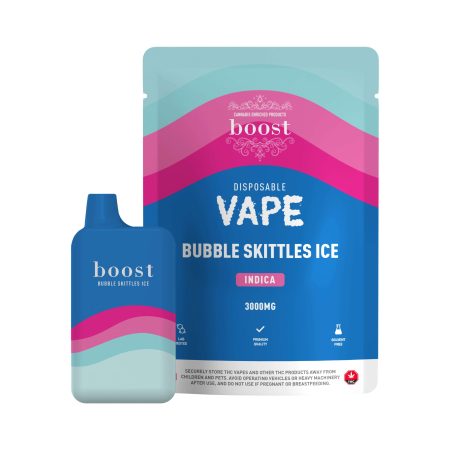
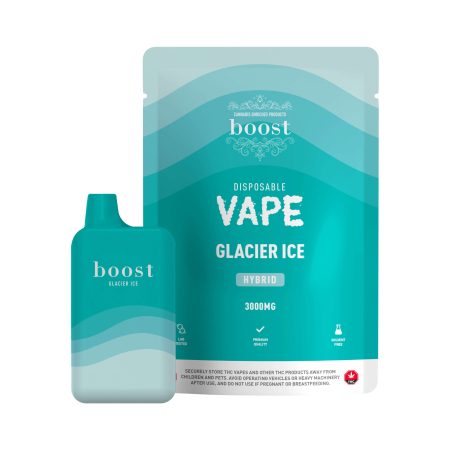
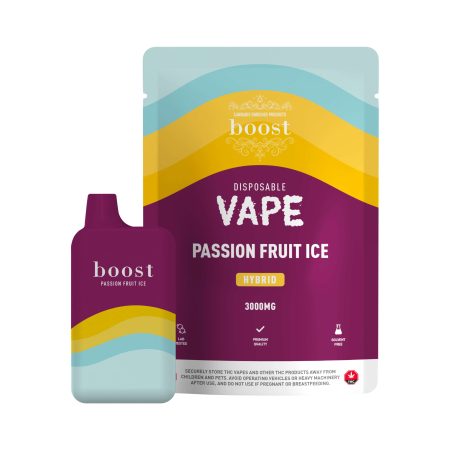
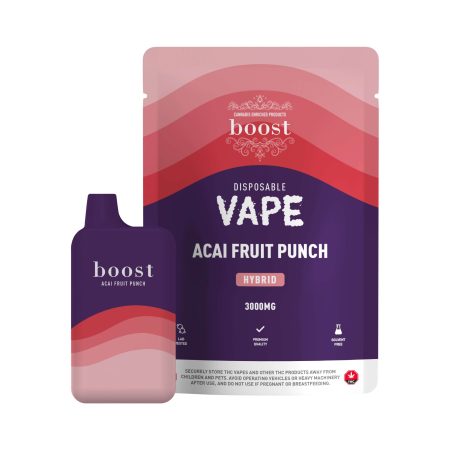
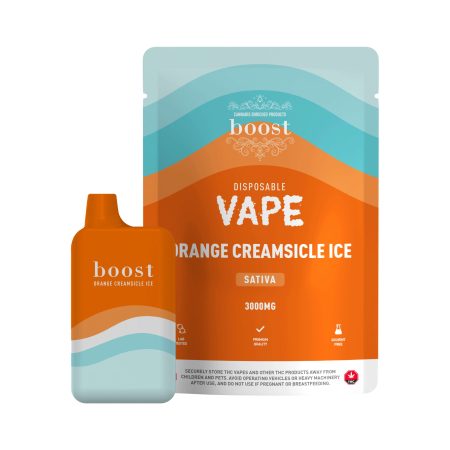
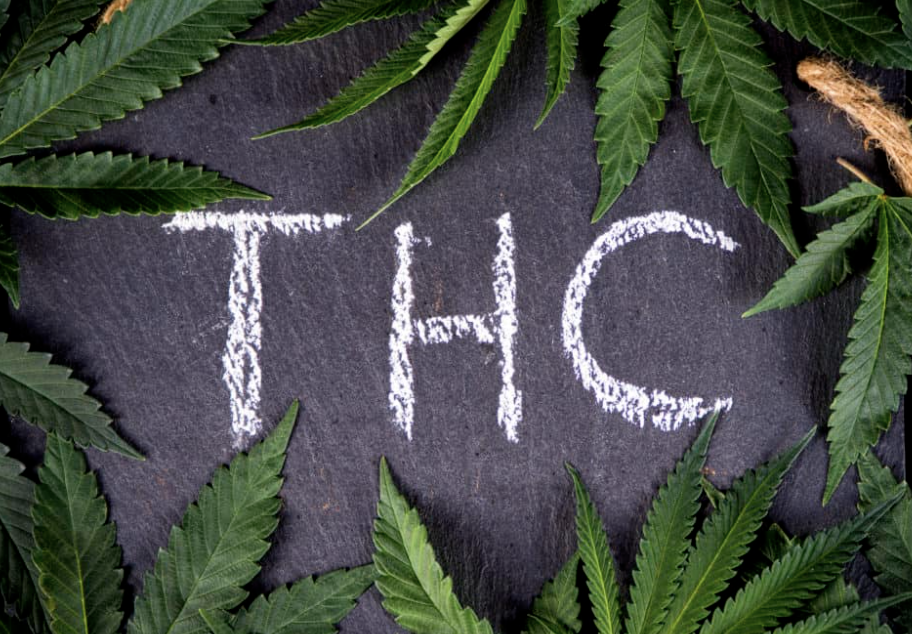





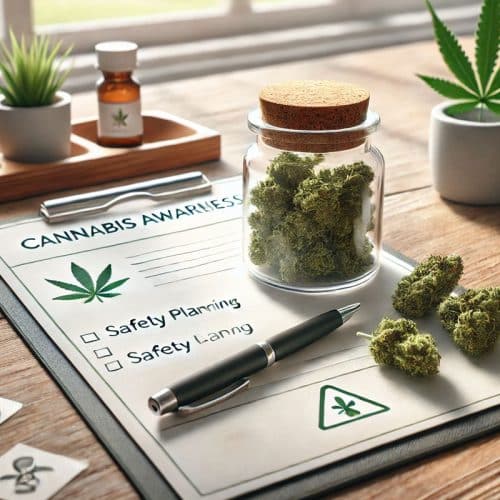
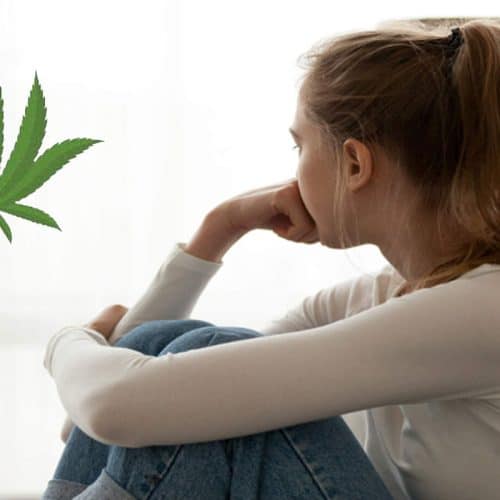
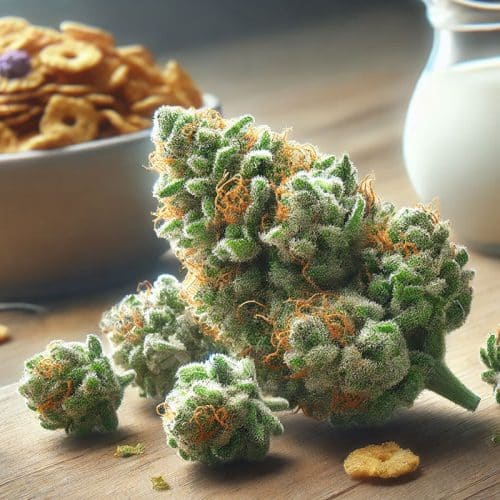
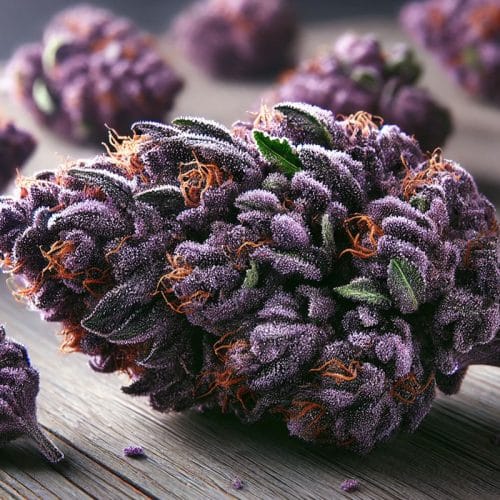
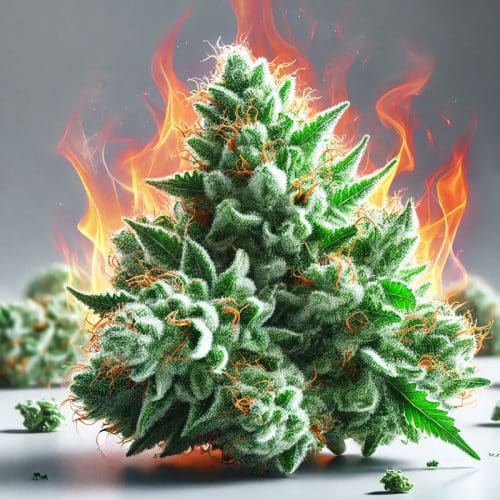




You must be logged in to post a comment.